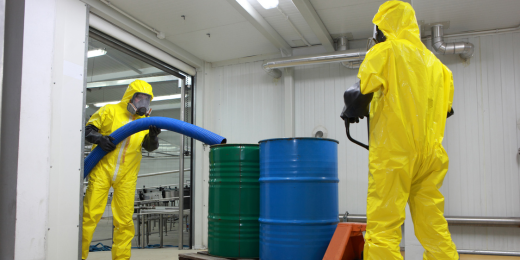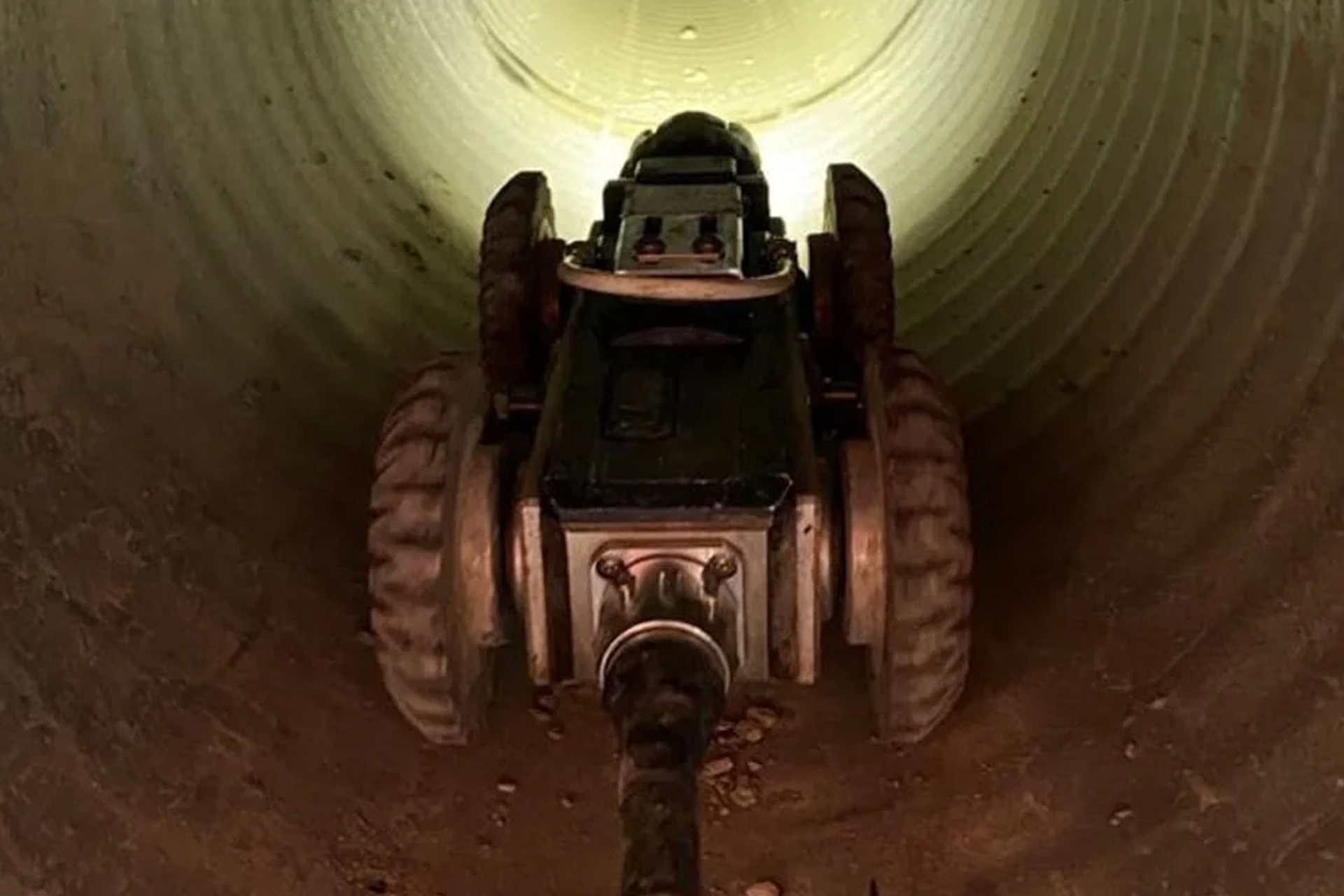How Reclaim Waste can Save You Time, Stress, and Money.
How Reclaim Waste can Save You Time, Stress, and Money.
Blog Article
The 45-Second Trick For Reclaim Waste
Table of ContentsHow Reclaim Waste can Save You Time, Stress, and Money.Some Known Incorrect Statements About Reclaim Waste Facts About Reclaim Waste RevealedThe Buzz on Reclaim WasteFascination About Reclaim Waste
Residential sewage waste refers to the waste and items from a domestic septic tank. The correct administration and disposal of residential sewer waste need fluid waste to be transferred to a sewage therapy plant where the appropriate approaches and equipment are used to detoxify and dispose of waste.
Commercial waste frequently includes prospective risks, such as combustible materials or a mix of fluid and solid waste items, and calls for an extra sophisticated and thorough disposal process. The disposal of business waste typically entails the filtering of waste prior to transportation to make sure secure and proper disposal. Industrial waste is developed from byproducts and runoff of industrial processes and manufacturing.
This sort of waste can not use the exact same sewer monitoring transportation or processes as septic or industrial fluids. The hazardous waste management process requires the assessment and screening of fluid waste prior to it undergoes the disposal process (liquid waste disposal). Drainage waste is the liquid waste that originates from drainage and excess stormwater in extremely inhabited locations or cities
Runoff waste can cause contamination and flooding if not taken care of appropriately. Guaranteeing appropriate waste management can avoid disasters and reduce ecological injury.
The 7-Second Trick For Reclaim Waste
Get in touch with PROS Services today to discover our waste management and disposal services and the proper ways to care for the liquid waste you generate.
(https://moz.com/community/q/user/reclaimwaste1)This so-called 'wastewater' is not just a crucial resource yet, after therapy, will certainly be released to our land, waterways or the sea. Made use of water from bathrooms, showers, bathrooms, kitchen area sinks, washings and industrial processes is known as wastewater.

water made use of to cool equipment or clean plant and tools). Stormwater, a type of wastewater, is drainage that flows from farming and urban areas such as roofing systems, parks, gardens, roadways, courses and rain gutters right into stormwater drains, after rain. Stormwater streams without treatment straight to neighborhood creeks or rivers, ultimately getting to the sea.
The 20-Second Trick For Reclaim Waste
In Queensland, a lot of wastewater is dealt with at sewage treatment plants. Wastewater is delivered from residential or commercial websites via a system of drains and pump terminals, called sewage reticulation, to a sewer therapy plant. City governments develop, maintain and operate most sewer treatment plants. Operators are certified under the Environmental Defense Act 1994 to discharge cured wastewater at an acceptable environmental standard right into rivers.
The Department of Natural Resources encourages city governments concerning handling, operating and maintaining sewage systems and treatment plants. In unsewered areas, regional governments might need homeowners to install specific or house sewer treatment systems to deal with residential wastewater from bathrooms, kitchens, restrooms and laundries. The Department of Natural Resources authorizes using household systems when they are proven to be reliable.
In some brand-new neighborhoods, treatment of some stormwater to get rid of clutter, sand and crushed rock has started using gross toxin traps. Wastewater therapy occurs in 4 stages: Gets rid of solid issue.
Uses tiny living microorganisms recognizes as micro-organisms to break down and get rid of remaining liquified wastes and fine particles. Micro-organisms and wastes are integrated in the sludge.
Top Guidelines Of Reclaim Waste
Nutrient removal is not readily available at all sewage therapy plants because it requires expensive specialised equipment. It is becoming much more typical in Queensland. Clear liquid effluent generated after treatment may still include disease-causing micro-organisms. If this effluent is launched into waterways such as rivers or the sea, the micro-organisms will ultimately die out.

This generally indicates wastewater has to be dealt with or pollutants eliminated before it can be released to waterways. Many wastewater flows right into the sewerage system. Under the Act, neighborhood federal governments carry out approvals and permits for environmentally appropriate tasks (Ages) including liquid waste removal wastewater releases that could have a regional influence. The division provides authorizations and licences to ERAs entailing wastewater releases that could have a regional or statewide impact.
What Does Reclaim Waste Mean?
Or else, examples are taken for lab evaluation. Typically several tests are needed to develop the degrees of each of the different toxins such as oils, heavy metals and chemicals in water. Surveillance provides accurate details about water high quality and can verify that permit problems are being fulfilled. The information obtained through tracking supplies the basis for making water high quality choices.
Report this page